'Clean air is not a privilege, it's a fundamental right,' says Pakistan climate activist
Rida Rashid is suing the government in the Islamabad High Court to enforce the constitutional right to clean air
Huzaifa Rathore
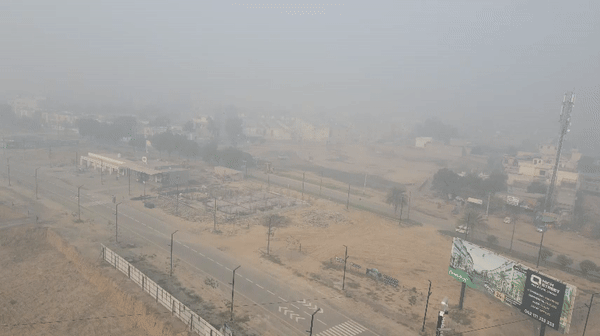
Article 9-A of Pakistan's Constitution guarantees right to clean air
Nearly 98% of Pakistan's population currently breathes polluted air
Rashid says 'children are particularly at risk' from pollution exposure
Climate activist Rida Rashid is fighting in Pakistan's Islamabad High Court (IHC) to turn a constitutional promise into reality, seeking to enforce citizens' right to clean air as the nation battles a worsening air pollution crisis.
"Clean air is not a privilege," Rashid told Nukta. "It's a fundamental right."
Rashid filed a petition in the IHC in 2024 seeking enforcement of Article 9-A of Pakistan's Constitution, which states that "every citizen has the right to a clean environment and clean air." Hearings have continued periodically, including last month, as the case works its way through the judicial system.
The activist argues the constitutional right is being violated as nearly 98 percent of Pakistan's population breathes polluted air, regardless of social or economic status.
"Children are particularly at risk," Rashid said. "I have asthma myself. It's not statistics, it's our daily reality."
Worsening air quality
December 2024 marked Islamabad's worst month for air pollution on record, with Air Quality Index readings exceeding 200 for 30 consecutive days — a level considered "very unhealthy" under international standards.
Rashid, who has asthma, said the problem isn't a lack of environmental laws but weak enforcement. Pakistan has legislation including the Environmental Protection Act, but implementation remains poor.
"If our environmental policies were enforced, we wouldn't be in such a bad state," she said.
Immediate, practical solutions
The petition calls on the government to implement immediate, practical solutions to manage emissions, enhance public awareness and ensure environmental protection laws are not merely drafted but actively enforced.
"We've gone to court to ensure this right is protected for every citizen," Rashid said.
As hundreds of cities across Pakistan experience very unhealthy or worse air quality conditions, the case raises a critical question: Will legal recognition of the right to clean air translate into cleaner air itself?
The Islamabad High Court has not announced a timeline for its ruling.



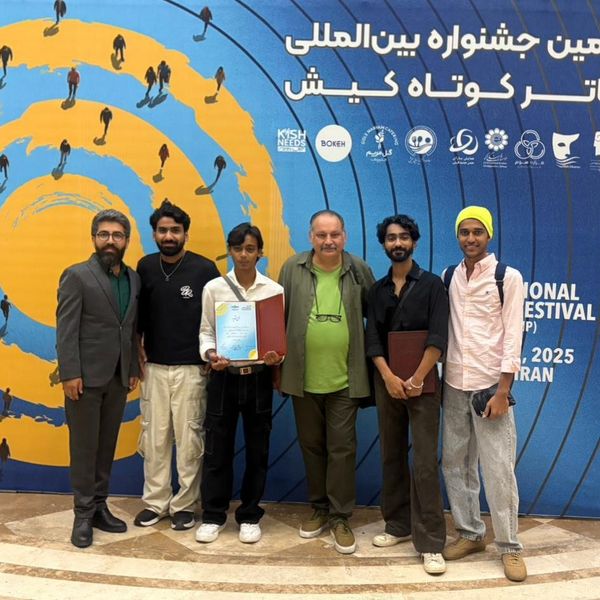
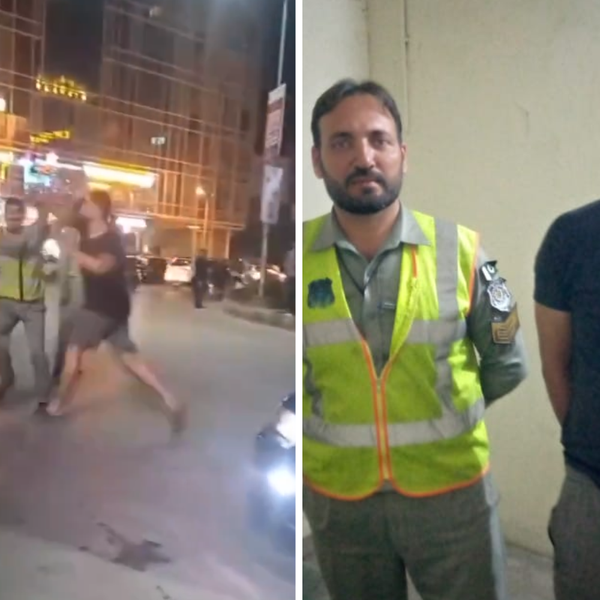
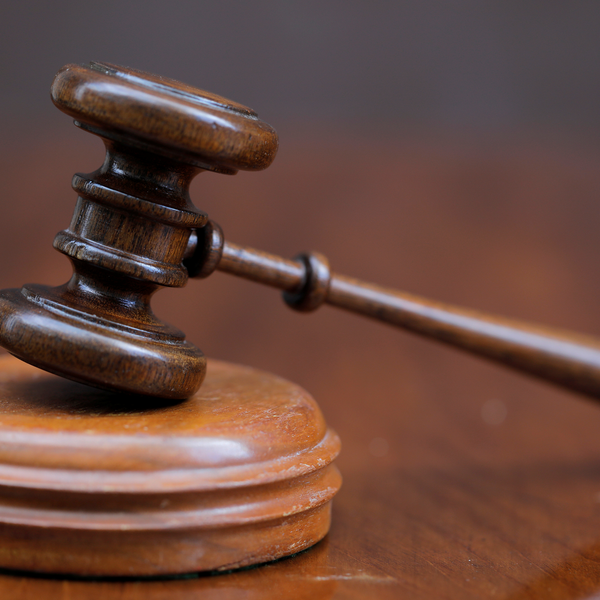
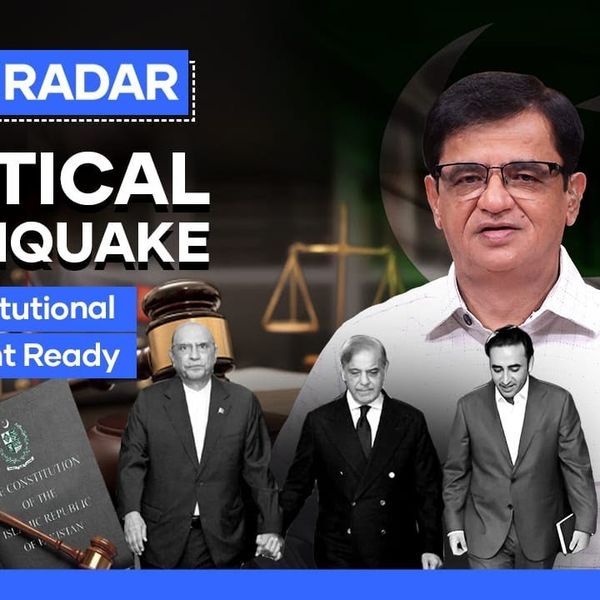



Comments
See what people are discussing